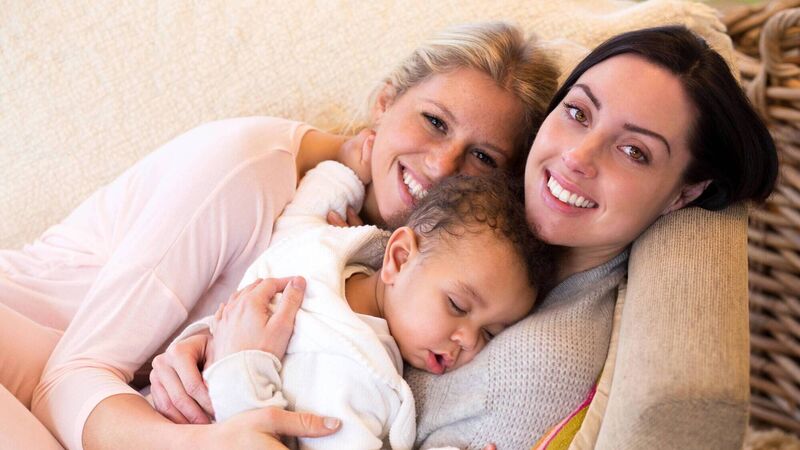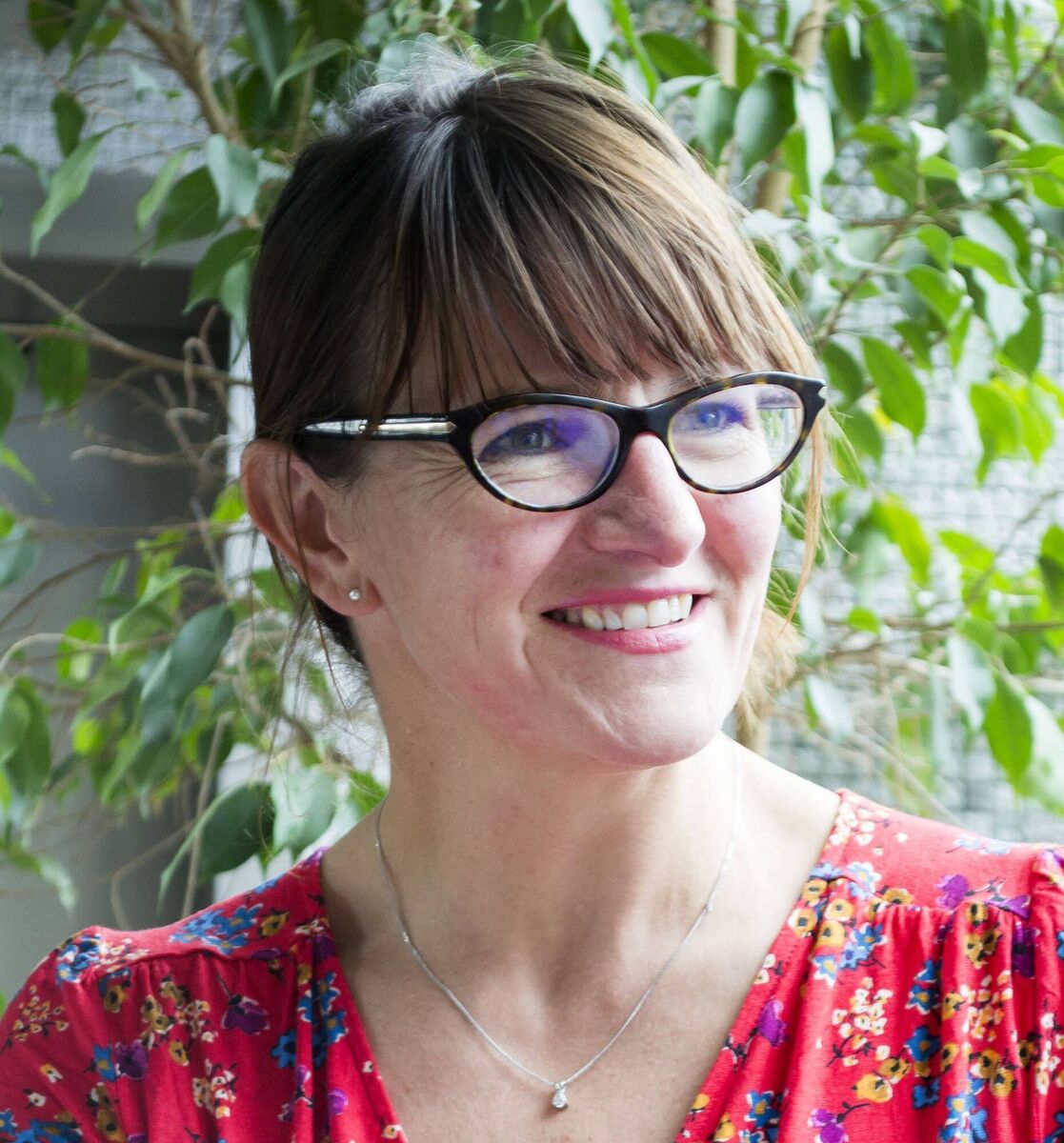7 signs a new mum might need Help

Up to 70% of women feel they can't really disclose how they might be feeling, after having a baby.
HALF of all anxiety and depression cases among new and expectant mothers are going undiagnosed, according to a new report.
Pregnant women or new mums may feel low, unhappy and tearful for much or all of the time. Mansfield said: “It’s looking for the variation in normal patterns of behaviour.
If friends and family don’t feel confident about having such conversations, they should encourage the woman to talk to her health professional, Mansfield added.
Feelings of anxiety can manifest in many ways, and physical symptoms can include a racing pulse, breathlessness and sweating. But whether there are physical symptoms or not, it’s vital for women to talk about how they’re feeling, said Mansfield.
“A woman may say she feels particularly anxious about the birth, or relatives coming over, or the in-laws, and having the space to talk about it is really important, to share the anxiety with a midwife that she has a relationship with.” If these anxious feelings don’t improve over time, Mansfield said they can be referred to a specialist midwife who’s an expert in perinatal mental health, and who may be able to offer additional interventions and support.
All new parents will of course find their sleep is affected, but if there is also an underlying mental health issue going on, exhausted women may find it even hard to fall or stay asleep.
“Women may have significantly disrupted sleep patterns, but we often normalise that with later pregnancy and new parents having difficulty sleeping,” Mansfield pointed out.

“Some people do find their appetite is affected,” said Mansfield. This may mean women lose their appetite and forget to eat or, conversely, comfort eat and possibly put weight on.
It’s common for women to describe having ‘brain fog’ when they’re pregnant or have just had a baby, but sometimes an inability to concentrate can be a sign of a deeper problem.
Mansfield explained: “A woman’s ability to concentrate can be markedly affected, and we often downplay that – it can be a subtlety that we ally with having a baby or being pregnant, but these can be really important signs and symptoms to share with your health professional, as they may suggest there’s something that needs exploring further.”
Starting to behave obsessively or compulsively, or symptoms of any pre-existing obsessive compulsive disorder (OCD) getting worse, can be linked to perinatal mental ill health too.
“Some women may be excessively tidying, for example, or be fixated on something and they may become more anxious,” said Mansfield.
“Very commonly, obsessive compulsive disorder may become worsened. Certainly if someone does have compulsive disorders, it’s important not to put them to one side, but share them with your midwife.

Of course, new parents will have lots of new things to think about – but when those thoughts are perhaps a little unusual, it’s worth talking to family, friends and your midwife or health visitor about them.
Mansfield said: “Women may present with different thoughts they haven’t experienced before, and often they downplay that because they’re not sure whether they’re normal or not, or they might think they’re just part of being pregnant and having a baby.
“The challenge for us as midwives is when you only have 15/20 minutes antenatally to do the whole health assessment – the physical and mental health assessment. It’s about understanding the subtlety of behaviour change.”







 App?
App?


